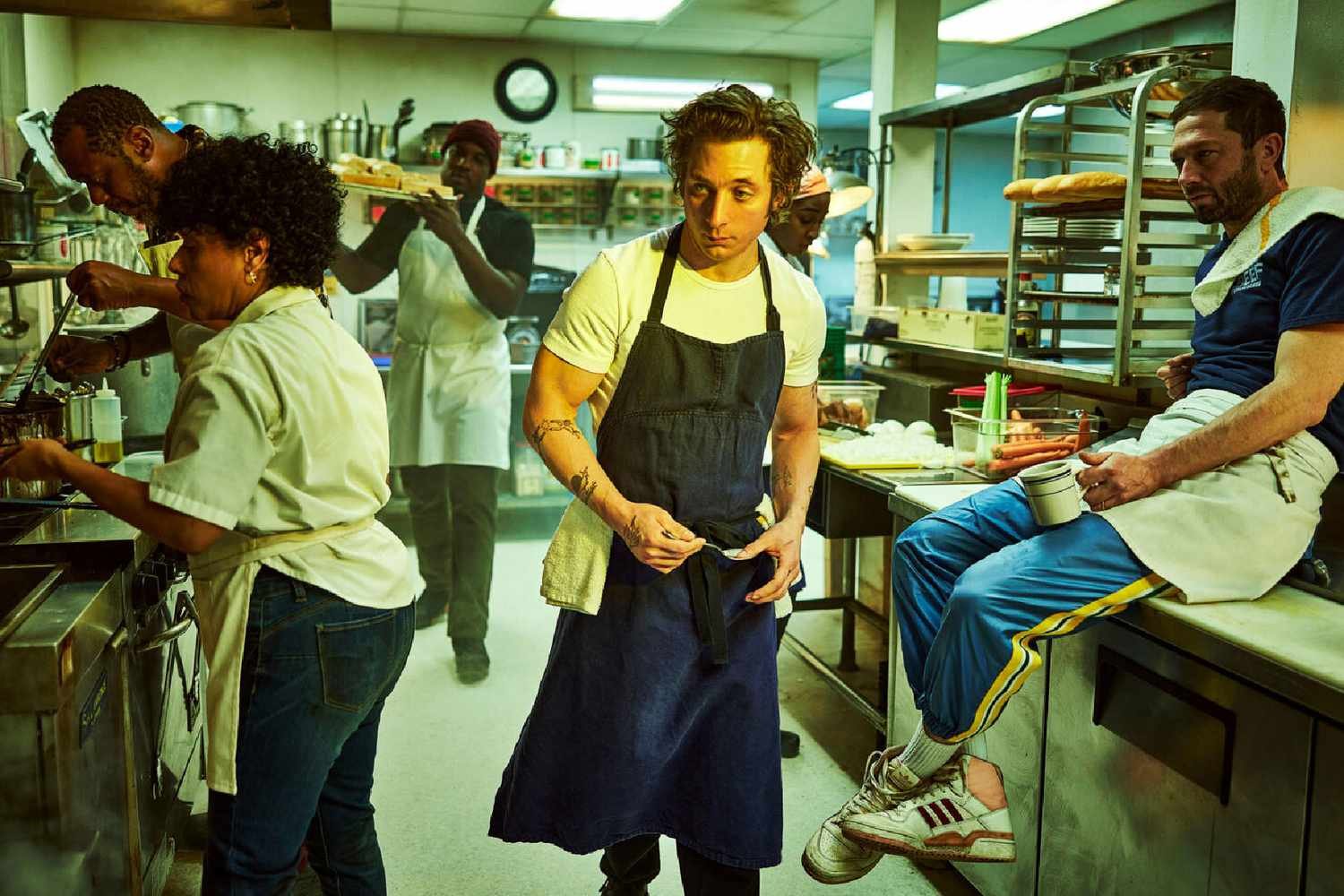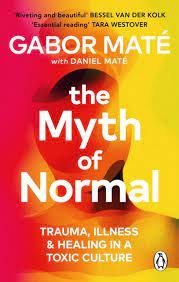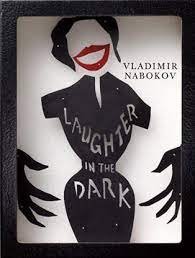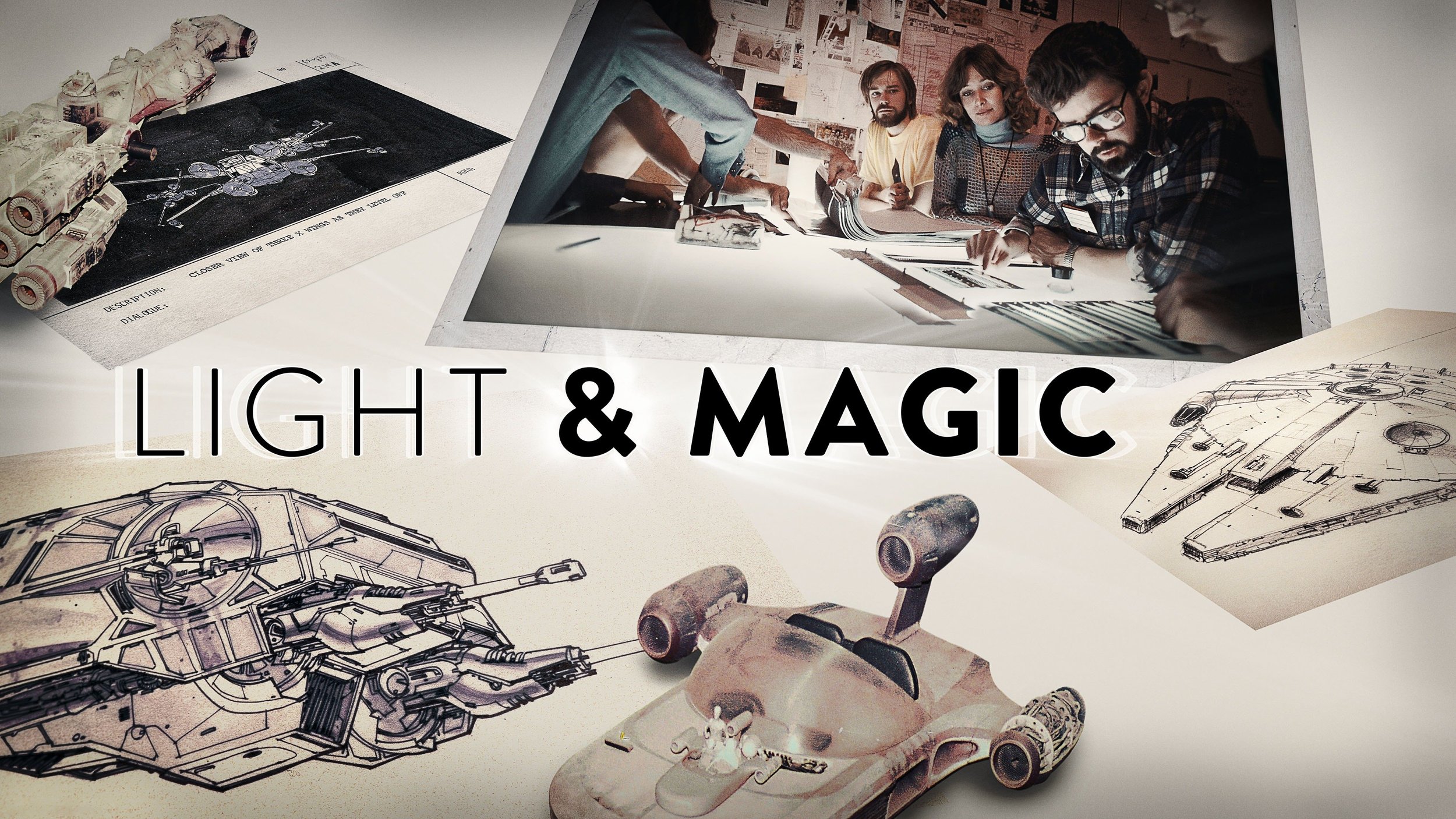2 Books, 2 Shows
Here are a few highlights of what I’ve read and watched recently. The first book and the last TV show are much hyped and obvious choices in this moment - and for good reason. The other two are that much more obscure, including a 1932 novel you’ve likely never heard of, by an author you most certainly have. So hopefully something new for everyone.
BOOKS
NON-FICTION
Gabor Mate’s The Myth of Normal
Gabor Mate knows from trauma. A Hungarian Jew, when he was eleven months old Mate’s mother gave him to a stranger to take her child to his aunt to escape the horrors of the Budapest ghetto in Nazi-occupied Hungary. It would be many months before he was reunited with his mother again. What could the child understand but that he had been abandoned. The scars of that would colour much of his adult life, and in a sense become the source from which all his written work has taken shape.
For twelve of his years practicing as a doctor in Vancouver, he worked with addicts in the notorious Downtown Eastside neighbourhood of the city, considered “North America’s most concentrated area of drug use” according to Mate’s website. This, and other kinds of severe addiction, became the subject of an earlier book, In Realm of Hungry Ghosts.
In The Myth of Normal, the now world-famous author, focuses his insight, knowledge and compassion to the subjects of trauma, big and small.
All people suffer. One of my biggest takeaways from this illuminating book was the notion of small “t” trauma, as opposed to the big “T” trauma, like what happened to Mate as a baby during the Holocaust. Mate defines small t trauma as, “not the bad things that happen, but the good thing that didn’t happen that should have.” In other words, all those gaps and aches and holes we all had in our formative years, first world problems included. Whatever the size of the trauma, just as In the Realm of Hungry Ghosts looked at addiction as a result of “human development gone askew,” as Mate puts it, The Myth of Normal focuses on chronic illness and the ways in which untreated trauma is a major contributor to all kinds of illness, from auto-immune diseases to cancer.
In a talk related to this book the famed Canadian MD asks the crowd how many have been to see a specialist, any kind of doctor ending in ologist. Many raise hands. And how many, Mate asks the audience, were asked about their history, any trauma or issues they had in their life. No hands are raised. This, Mate is making clear, is a massive oversight in the medical world. The stresses of our lives can directly cause terminal illness. The empowering lesson of a book that to some in the medical community might be contentious but to me was deeply thought-provoking, is providing possibilities of what we can do to make necessary change, preserve, prolong and better our fragile lives.
FICTION
Vladimir Nabakov’s Laughter in the Dark
You know how how it can sometimes be the Beatles Red Album (as opposed to the Blue) that blows your mind? And I don’t just mean the genius(es) behind Rubber Soul and Revolver which enough Beatles critics far smarter than me point to as maybe the best stuff the Fab Four made together, but even the earlier stuff, unassailable (to use a Bill Simmonsism) songs like, “Ticket to Ride” or “Eight Days a Week?”
Well, if in literary terms Lolita is prime level Beatle material (ala Rubber Soul and Revolver) and the later masterpiece (that is Abbey Road ) all rolled into one of the greatest novels of all time, then Nabokov’s Laughter in the Dark is Disc 1 Side 2 of the Red Album. In other words, not the novel that changed literature, but holy mackerel is it just line for line, plot point for plot point bloody thrilling storytelling. One of those special kind of stories that can give the whole thing away in its very opening and yet you know you’re in a for a deliciously messed up ride nonetheless:
Once upon a time there lived in Berlin, Germany, a man called Albinus. He was rich, respectable, happy; one day he abandoned his wife for the sake of a youthful mistress; he loved; was not loved; and his life ended in disaster.
TV
DOCU-SERIES
Light & Magic on Disney+
Greta Gerwig talking to the Smartless guys got me to this one. A documentary about the unequivocally nerdy boys that made up Industrial Light and Magic, Hollywood’s foremost and pioneering special effects company. You need not be a Star Wars fanboy to be into this (I’m not), but man this doc is a wonderful look at the craftspeople. the engineers and artists and artisans that worked together to make everything you ever cared about work in big movies from the T2 in the Terminator movies to the dinosaurs in Jurassic Park. It’s as much the coolness of how they did it to the human psychology aspect of how wonderfully devoid of ego the place and people in it are or at least were. The first episodes are especially magical, making clear what a miracle of an achievement the first Star Wars movie was, and the tech-artist wizardry it took to make George Lucas’ vision of a dog fight in space a reality.
DRAMEDY
The Bear on Disney+
Now finished its second season this is a show that is very difficult not to gobble down (half hour episodes help!). Set in a grimy restaurant in Chicago, the hype around the show’s first season was almost too much. I was all in, mind you, the gritty madness of what it takes to make and serve very good food the very anti-thesis of the overly glossy, saccharine chef movies that have come out the last years. But it’s in the second season that my true love for these characters has burgeoned into something pretty profound. Ie with just two episodes to go I have a strong suspicion I will be rewatching the whole thing again, and soon. Feels, dare I say, Fleabag-esque (speaking of second seasons!). A show that’s doing things that are so bold - fishes, fishes, fishes (you’ll know when you get there) - with a soundtrack created with such love, but most of all I think the show’s masterstroke is the claustrophobic chaotic crisis this family tale (restaurant family and blood family and friend family) tells. It can get so yelling screaming helling loud and harsh and downright unbearable, and yet plunge you deep as it will in the darkness of the human experience, it is not a show without hope and some cathartic relief/release. This show loves so much more than the food it makes. It loves its characters (if as the director cliche goes: casting is everything - this show nails it time and again).
If you like your comedy with a big side order of pathos (or better put, the other way round), you will laugh but good luck not crying.





